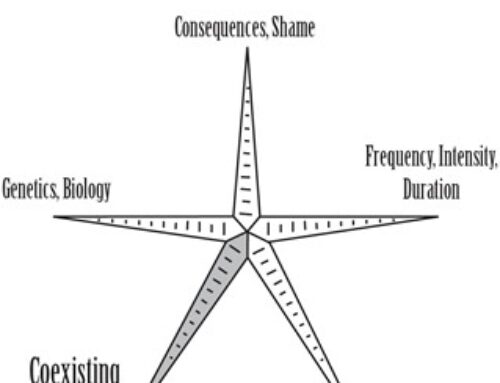The Addiction Research Foundation’s Mission is conduct and support research that improves treatment outcomes for persons with substance abuse disorders.
The privately funded Addiction Research Foundation will seek novel approaches to understand the primary positive influences for long term recovery from Addiction. Drug Treatment Centers both need and are willing to participate in longitudinal outcome studies in the effort to provide better treatment.
From the headquarters in Birmingham Alabama, the Addiction Research Foundation (ARF) has launched a unique effort to understand long term addiction recovery and the factors that may influence positive change. The foundation is privately funded and by intention does not accept support or funding from any government agencies, any medical or pharmaceutical entities. The sole purpose of inquiry is to find better methods of assessment, intervention and treatment of persons suffering from Substance Use Disorders.
A recent article noted that more outcome research is needed in the field of addiction treatment. The context was that the writer believed that their approach (peer-led support) was effective based on anecdotal evidence and that all that remained was to do some research to prove it. Similar articles about addition treatment can be readily found as practitioners often stated their firm belief in the intervention approach but have little evidence to support that belief. In a similar way, detractors and critics of addiction treatment methods site the “lack of research” as a proof argument for their beliefs that treatment is not very effective. However, lack of research does not prove or disprove anything. Both supporters and critics of addiction treatment make a false assumption in that they assume that outcome research could be done and that it would support their positions when completed. Both are wrong. The problem is that outcome research in this area is so difficult.
A common theme for critics of treatment is that traditional 12 step based centers won’t allow themselves to be studied. More that on article has actually stated that Alcoholics Anonymous (AA) won’t allow itself to be studied. It creates the illusion that there is an intentional lack of cooperation from these entities. We have found that either group is open to study if we can find an effective way to do it. The need for more and better outcome research is real. The problem lies in methodology, not in beliefs. We are dedicated to finding the methods that will work to produce real outcome data that may improve the effectiveness of treatment.


